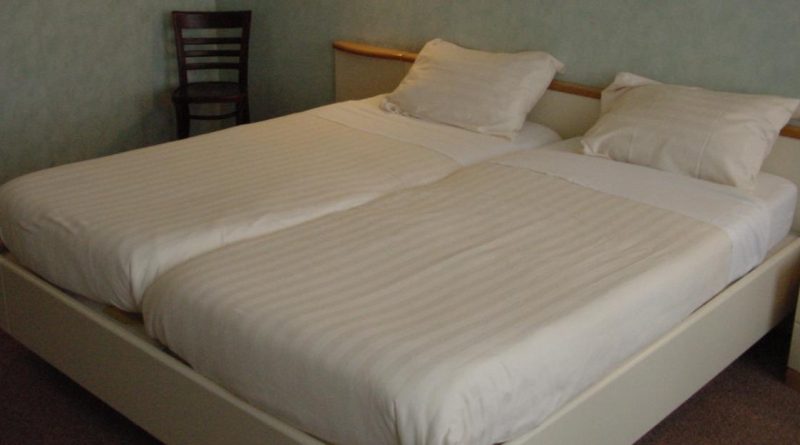Bulgaria’s caretaker government has extended until March 31 2023 the programme for accommodation of Ukrainian refugees, the government information service said on February 22.
The statement said that the extension was “with the current conditions”.
The programme for accommodating Ukrainians fleeing Russia’s war on their country was set up by the Kiril Petkov government soon after the February 22 invasion.
It was repeatedly extended, but in late 2022, the caretaker government appointed by President Roumen Radev amended the scheme so that provision was made for compensating hoteliers and guest house owners for providing accommodation, but the provision for paying for meals was removed.
The February 22 government statement said that the decision gave the Ministry of Tourism the right to require a declaration of compliance from the legal representative of the applicant of the aid, meaning the person providing the accommodation.
This declaration must be signed with a qualified electronic signature and deposited via the Secure Electronic Delivery System, the statement said.
The statement said that the change meant that control over the accountability for the services provided would be strengthened.
Separately, on February 22 Bulgarian news agency BTA reported UN High Commission for Refugees (UNHRC) representative in Bulgaria Seda Kuzucu as saying that the war in Ukraine had unleashed the largest refugee crisis in Europe since the Second World War.
The war shows no sign of abating and humanitarian needs are likely to continue to be great.
The UNHCR would move from emergency response to supporting government to integrate refugees into national systems.
The organisation had launched an appeal for $1.1 billion for 2023 to support affected populations in Ukraine and those who had fled to other countries in Europe. Assistance for Bulgaria is expected to amount to $19.4 million.
According to the Bulgarian government’s dedicated portal on Ukrainian refugees, since February 24 2022 a total of 1 098 205 Ukrainians had entered Bulgaria, while 50 049 remained in Bulgaria.
A total of 11 019 were accommodated through the programme of state support for accommodation, according to the portal.
source: sofiaglobe










